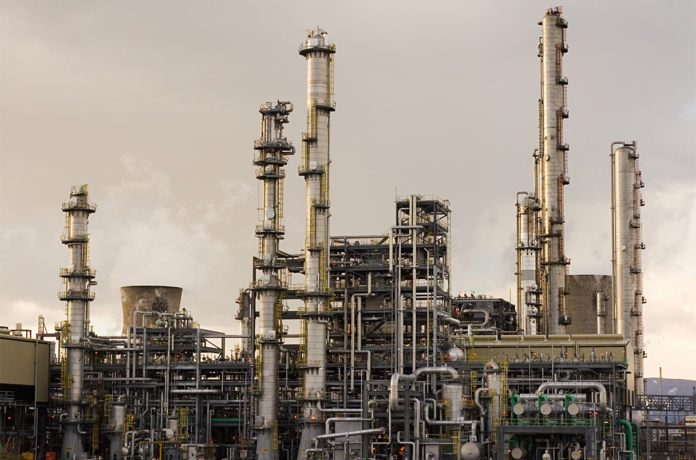Pakistan’s Large-Scale Manufacturing Industries (LSMI) saw a 2.29% year-on-year growth in April 2025, with the index reaching 108.37, compared to 105.93 in the same month last year, according to the latest data from the Pakistan Bureau of Statistics (PBS).
However, on a monthly basis, LSMI output declined by 3.2%, with the index falling from 111.95 points in March 2025. Over the first 10 months of the current fiscal year 2024-25, LSMI recorded a year-on-year contraction of 1.52%.
The performance of LSMI is assessed monthly through the Quantum Index of Large Scale Manufacturing Industries (QIM).
Industries showing notable growth on a year-on-year basis included automobiles (42.16%), cotton yarn (8.40%), garments (6.01%), petroleum products (5.01%), and cotton clothes (0.75%).
In contrast, sectors such as sugar (down 14.55%), iron and steel (down 10.11%), cement (down 5.62%), and fertilizer (down 0.73%) reported declines.
Key contributors to the overall LSMI growth included tobacco (0.17%), textiles (0.49%), garments (0.91%), petroleum products (0.35%), pharmaceuticals (0.16%), and automobiles (0.73%).
However, sectors such as food (-0.50%), chemicals (-0.42%), non-metallic mineral products (-0.61%), cement (-0.32%), iron and steel (-0.47%), and electrical equipment (-0.42%) experienced declines.
Comparing the production for July-April 2024-25 to the previous year, tobacco, textiles, apparel, petroleum products, automobiles, and other transport equipment saw increases.
Conversely, the food, chemicals, non-metallic mineral products, iron and steel, electrical equipment, machinery, and furniture sectors showed declines.
The LSMI sector remains a key indicator of Pakistan’s industrial health, contributing to around 69% of manufacturing and about 8% of overall GDP. Despite a rebound in economic activity in the second half of FY24, the country faces challenges such as a global demand slump, currency devaluation, and a widening current account deficit. These factors have constrained the government’s fiscal flexibility.























